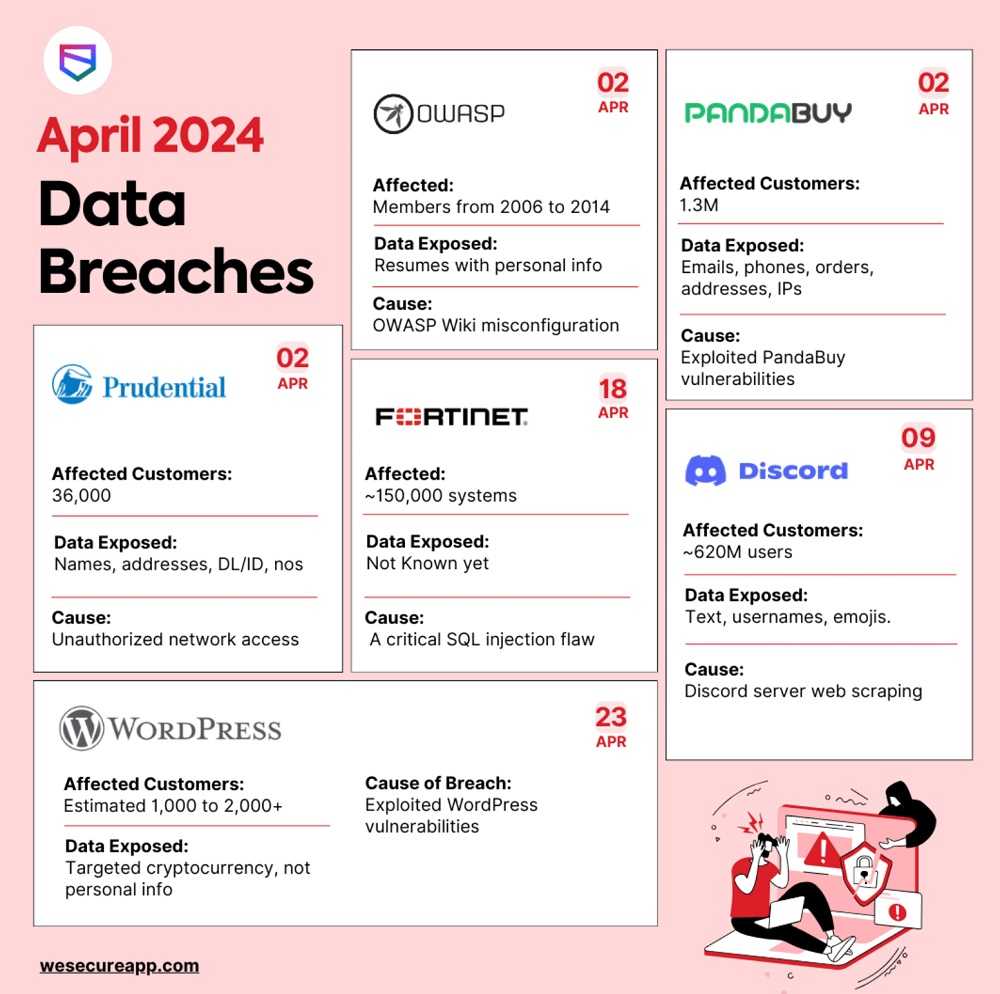By now, it’s unlikely that you haven’t heard about that massive data breach that happened last year involving pretty much everyone in the United States with a social security number. That was data from National Public Data, which scrapes data from public sources. You probably didn’t know your data was being saved somewhere in this way at all, and you are not alone. You may also be hoping that you were one of the very few not included in that heist. While that's unlikely, since it included 2.9 billion records, you can now check an online database to make sure.
The cybersecurity firm, Pentester, has posted a website that you can peruse to see if you, or your kids and other family members, were part of this. You put in your name, state, and birthdate and take a look. However, there may be data from a state you lived in before, so be sure to check all the states you’ve resided in. A tip, leave the state field blank and you can look at all of them. It will take a while, but at least you’ll know what data the cybercriminals may have. They also have a tool, similar to haveibeenpwnd, that provides a broader database breach search. Your results are shown, but a subscription is required to see a more comprehensive view.
You might be asking, what difference does it make that they have data from my past or at all? Well, it makes a big difference. Every little bit of information helps them craft targeted phishing attacks. For example, if you receive an email stating your address was changed to one where you used to live or from one where you used to live, you might panic a bit and take a quick action and click a link that allows malware to load onto your device. So, yes, it does matter what information they have.

As you probably guessed, if the amount of phishing messages wasn’t a problem for you before, it very well could be going forward. So, it’s important to keep the peepers open for those attempts. Watch for unknown senders, poor grammar, spelling, and graphics, as well as any link or attachment that arrives unexpectedly, no matter what type of file it is. Literally any file type is capable of harboring malware these days.
In addition, pay close attention to your financial accounts. If you notice any suspect charges or if information is changed and you didn’t do it, immediately contact your financial institution independently of any link or contact information you receive in a message. In other words, go directly to their official website to get the information. Hopefully, you’ve bookmarked those already. You can also check their apps that you likely have installed on your mobile device.
Take a gander at your credit reports on a regular basis. You can get one from each of the three major credit bureaus every year at no charge. Consider staggering them to keep better tabs on them throughout the year.
Finally, if you don’t need anyone to get access to your credit reports, consider freezing it completely. This prevents anyone from opening accounts in your name. It also prevents anyone from checking your credit, so keep that in mind if you’re trying to rent a home, for instance. If you find you do need to open it for some reason, you can unfreeze it temporarily at no charge.
None of this will guarantee safety, but if you keep your cyber-sensors alert, you can limit your risks. That website for checking your information is at npd.pentester.com.